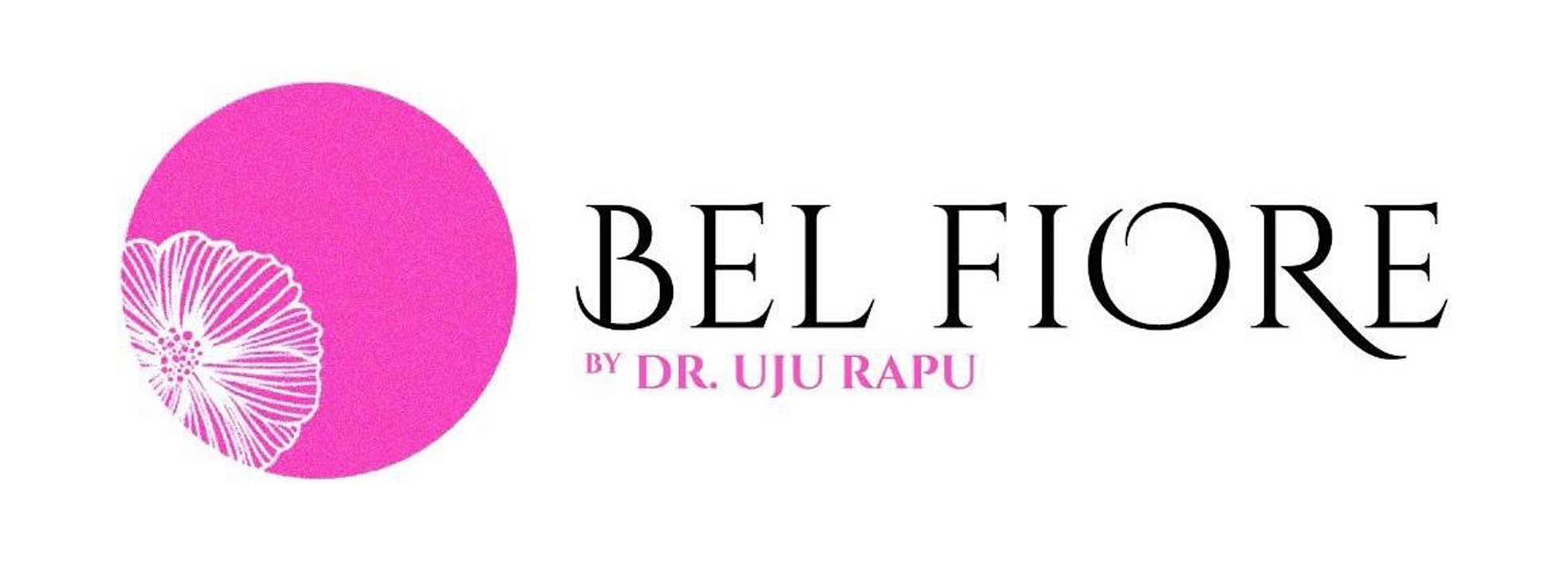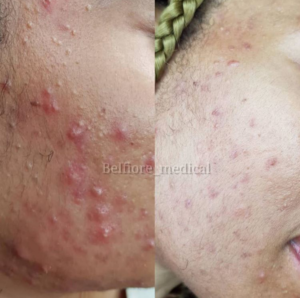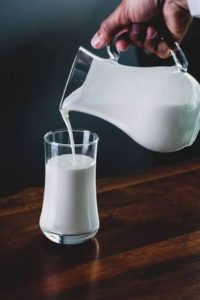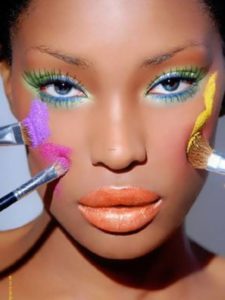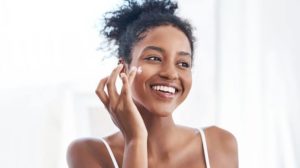05 May 4 MAJOR THINGS TO AVOID IN PREVENTING ACNE/BREAKOUTS
Acne is a skin condition that occurs when the pores of the skin becomes blocked with oil, dead skin cells or bacteria. It often causes whiteheads, blackheads or pimples, and usually appears on the face, forehead, chest, upper back and shoulders. Acne occurs mostly among teenagers, although it can affect people of all ages. Certain factors can trigger acne such as hormones, medication, stress, diet etc.
Below are things you should avoid in order to prevent breakouts:
1. STRESS
Stress is a normal part of life and primarily a physical response. It is your body’s reaction to a challenge or demand. Stress doesn’t directly cause acne or breakouts, but it does act as a trigger for the factors that contribute to the development of breakouts. Stress triggers hormonal changes that may worsen acne in people already prone to having it. The hormone cortisol is normal but if stress levels are high, cortisol can increase inflammation and sebum production in the skin resulting in Stress Induced Acne. This is why when you’re under a lot of stress, you may be noticing more breakouts. It I s therefore advisable to reduce your stress level.
2. ACNE AGGRAVATING DIET
This includes diet which contains dairy products, chicken, coffee, nuts and high amount of sugar.
DAIRY PRODUCTS AND ACNE
Dairy products or milk products are a type of food produced from or containing the milk of mammals.
Examples of dairy products are Cheese, ice cream, yogurt, and condensed and dried milk. Research shows that drinking milk may make acne worse for people who are already breakout-prone. This is because Milk contains androgen hormones, which have long been associated with the formation of acne breakouts. Also, Many dairy farmers also give their cows additional hormones to stimulate milk production and enable the cow to produce more milk. As a result, most milk is very high in IGF-1. It is therefore believed that IGF-1, along with androgens trigger acne breakouts. Hence why it should be avoided.
Note: Because of the processing of skim milk and it’s additional proteins, it is found to worsen acne severity compared to whole milk.
NUTS AND ACNE
Most diets recommend nuts in large amounts, but if you go overboard on this protein alternative, your skin will pay the price. High amount of omega-6 acids, which many Western diets rely on heavily for protein, can cause acne and redness. Most nuts including walnuts, pine nuts, and almonds are very high in omega-6 acids and in turn causes acne or worsen it’s severity. Additionally, Peanuts contains androgen, which can make acne worse by increasing sebum production. Peanuts will generally make people more oily.
CHICKEN AND ACNE
Chicken and meats that contain added hormones, along with those naturally occurring, are bad news for hormonal cystic acne sufferers when consumed excessively.
COFFEE AND ACNE
To avoid those unwanted acne breakouts, you just need to alter your coffee intake a bit. Coffee contains chemical properties that boost the stress hormones which tend to increase our calorie intake, triggering acne.
SUGAR AND ACNE
Sugar’s oxidative properties can provoke acne and breakouts. Sugar and foods high on the glycemic index (meaning foods that, once ingested, convert quickly into glucose and cause your body’s insulin levels to elevate), lead to a burst of inflammation that goes throughout your entire body. Foods high in sugar and saturated fats such as white bread, candy, fried foods, ice cream, sodas, and anything else with a main ingredient of sugar cause spikes in your body’s insulin levels that further exacerbate inflammation in your body and increase sebum production.
3. AVOID CERTAIN COSMETIC PRODUCTS
Are you aware that wearing makeup does cause acne? However, this doesn’t apply to all makeup products. Paying attention to the ingredients in your cosmetics, cannot be over emphasized as some may clog pores which can worsen acne breakouts.
Any non-cleansing product applied to the skin has the potential to clog your pores, whether its makeup, sunscreen, or even the dirt on your hands. The oil-prone areas of your face such as the forehead, chin, and nose are especially susceptible to acne cosmetic, as they more irritated by the additional oil provided by makeup.
The best approach to stave off acne that’s caused by makeup is to purchase cosmetic products that are labeled “non-comedogenic”. Avoid Products whose formulas contains fragrances, dyes, alcohols, paraben, acrylics, silicons.
Be diligent to avoid these common makeup mistakes that lead to breakouts:
I ) Using dirty brushes:
To reduce the amount of acne-causing bacteria on your face, be sure to regularly clean all of your brushes and applicators.
II) Storing brushes improperly:
Makeup bags are grimy places, and storing your brushes in there can lead to some serious contamination to the brushes you just diligently cleaned. Separate your tools and store them upside down, if possible.
III) Applying makeup with dirty hands:
Be sure to wash your hands every time to prevent spreading dirt from your hands onto your face.
IV) Ignoring allergic reactions:
The acne you experienced after using a certain product could actually be an allergic reaction to a specific ingredient. Be sure to read your labels and keep track of your flare-ups to identify any possible allergens.
V) Going to bed with makeup on: Never, ever fall asleep wearing a full face of makeup! Sleeping in your makeup increases the chance of the product settling into your skin, causing breakouts and enlarged pores.
4. STEROIDS
Steroid acne is a common side effect of use of corticosteroids. Avoid over the counter use of steroids for the treatment of acne. Some people abuse steroidal creams while trying to get rid of acne or maintain a smooth face as they believe it works faster. Unknowingly to them, Acne can occur from the usage of steroidal creams because the sebaceous glands on the skin secrete more oils due to the increase of androgen levels in the body from the steroids.
If you’re experiencing break out or acne, it is advisable to see a Dermatologist/ an Aesthetic Dr. You can book a virtual consult with us by sending a mail to our clinic via info@belfioreng.com, you can also check out our Instagram page @belfiore_medical.
